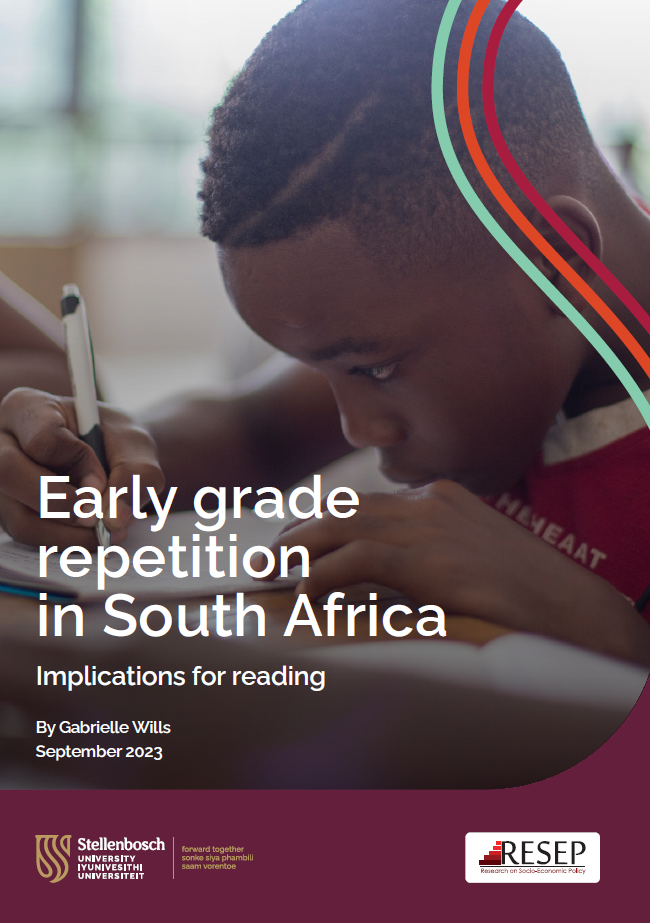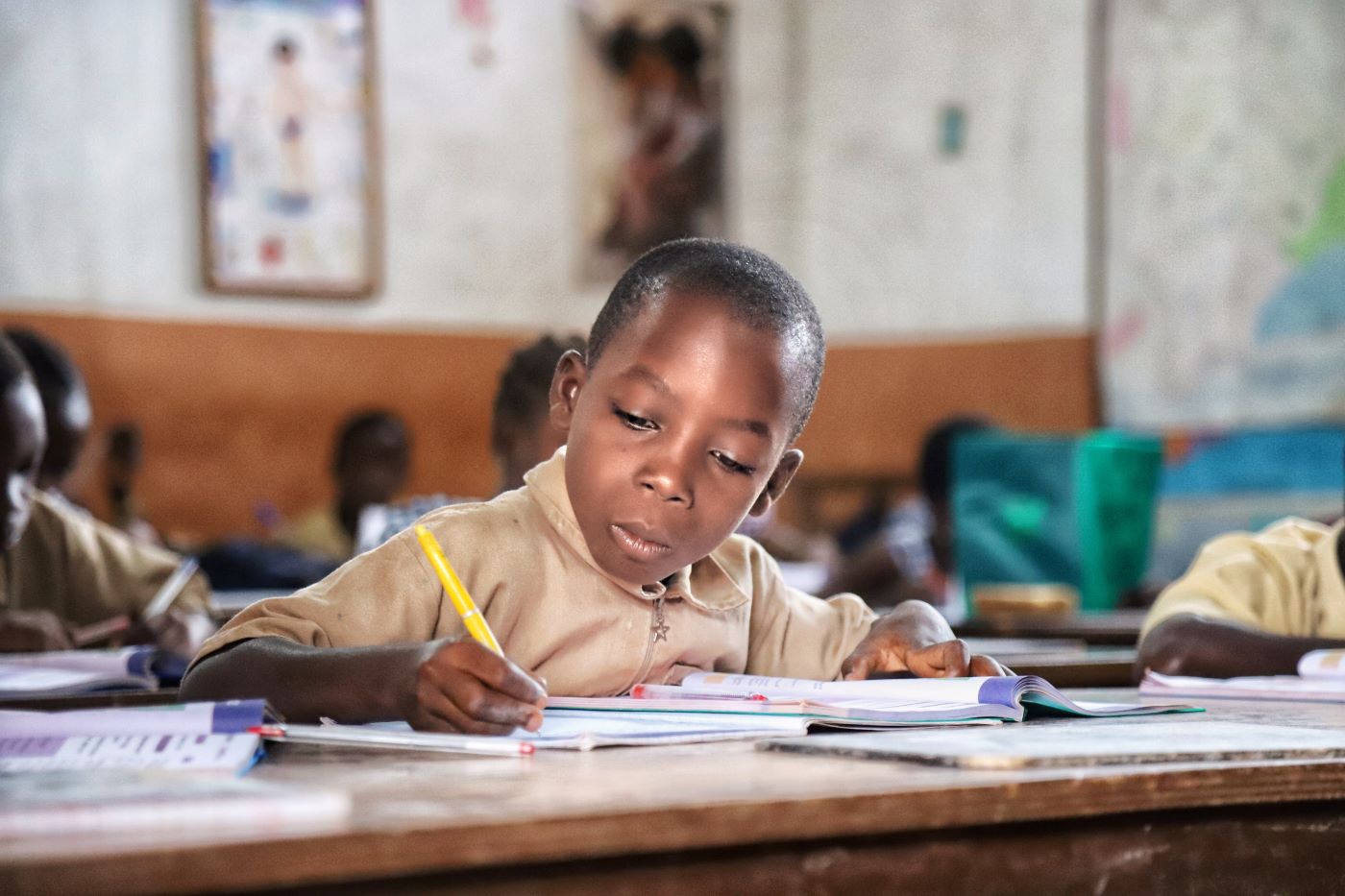As part of the Covid-Generation project, Gabrielle Wills examines early grade repetition patterns in South Africa and the effects of early grade repetition on the development of foundational reading skills.
Early grade repetition in South Africa has been used as a remedial strategy in the absence of comprehensive remediation approaches within the education system. Compared to other upper-middle-income nations and certain Sub-Saharan African counterparts, South Africa has high Grade 1 repetition rates although there has been a slight reduction in repetition rates during the COVID-19 pandemic. Given the prevalence of early grade repetition, it is important to examine these patterns, the accuracy of such decisions, and whether there are potential short-term advantages of repetition for acquiring early grade reading skills, specifically decoding skills and fluency in the home language.
This analysis takes a twofold conceptual approach to estimating repetition effects, conducting both same-age comparisons and same-grade comparisons of foundational reading skills. The results of same-age comparisons vary, indicating that repeaters might either lag behind their non-repeating counterparts or, optimistically, achieve comparable decoding levels. Conversely, same-grade comparisons suggest that Grade 1 repetition facilitates catching up in decoding skills to match or even surpass what non-repeaters attain prior to moving to the next grade. While short-term effects of Grade 1 repetition are potentially neutral or mildly advantageous, it’s worth considering more efficient strategies for addressing educational gaps.
Additionally, comprehensive analysis is needed to assess longer-term effects. The study also underscores that although early grade repetition is generally targeted at academically weaker students, it is misdirected in certain instances. Roughly 2-7% of repeaters in grades 1-3 across the examined samples met grade-specific home language literacy benchmarks prior to progression decisions, while a half to a majority of progressing students did not. This highlights the need for improvements in uniform assessment standards to better guide repetition decisions at the school level.






